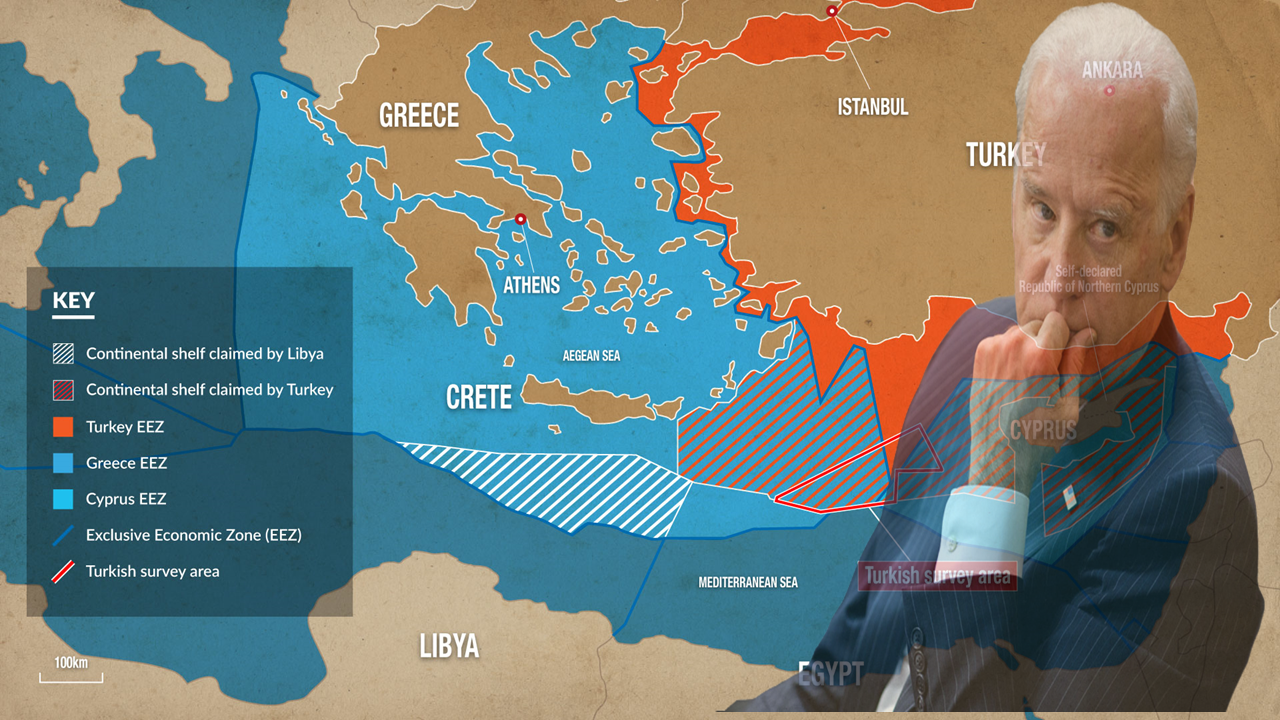 The
United States has decided: with 306 electoral votes, Joe Biden is
officially the 46th U.S. president. Biden’s victory has been considered a
turning point for a number of policy issues, from the tackling of the
COVID-19 pandemic to racial injustice, and it raises important questions
about the future of the U.S. foreign policy. In the face of four years
of isolationism where the U.S. found itself during Trump’s presidency,
Biden’s geopolitical strategy promises to be more internationalist, with
a greater consideration for multilateral agreements and international
organizations. A greater focus on climate, environment and NATO is
expected. In this context, the recovery of relations with the old
continent will certainly be one of the foreign policy priorities. As for
relations with China, the main dossiers will probably concern human
rights, Taiwan and Hong Kong. The president-elect may also be willing to
defuse tensions with Iran, reducing the sanctions against Tehran and
reviving the nuclear deal.
The
United States has decided: with 306 electoral votes, Joe Biden is
officially the 46th U.S. president. Biden’s victory has been considered a
turning point for a number of policy issues, from the tackling of the
COVID-19 pandemic to racial injustice, and it raises important questions
about the future of the U.S. foreign policy. In the face of four years
of isolationism where the U.S. found itself during Trump’s presidency,
Biden’s geopolitical strategy promises to be more internationalist, with
a greater consideration for multilateral agreements and international
organizations. A greater focus on climate, environment and NATO is
expected. In this context, the recovery of relations with the old
continent will certainly be one of the foreign policy priorities. As for
relations with China, the main dossiers will probably concern human
rights, Taiwan and Hong Kong. The president-elect may also be willing to
defuse tensions with Iran, reducing the sanctions against Tehran and
reviving the nuclear deal.

